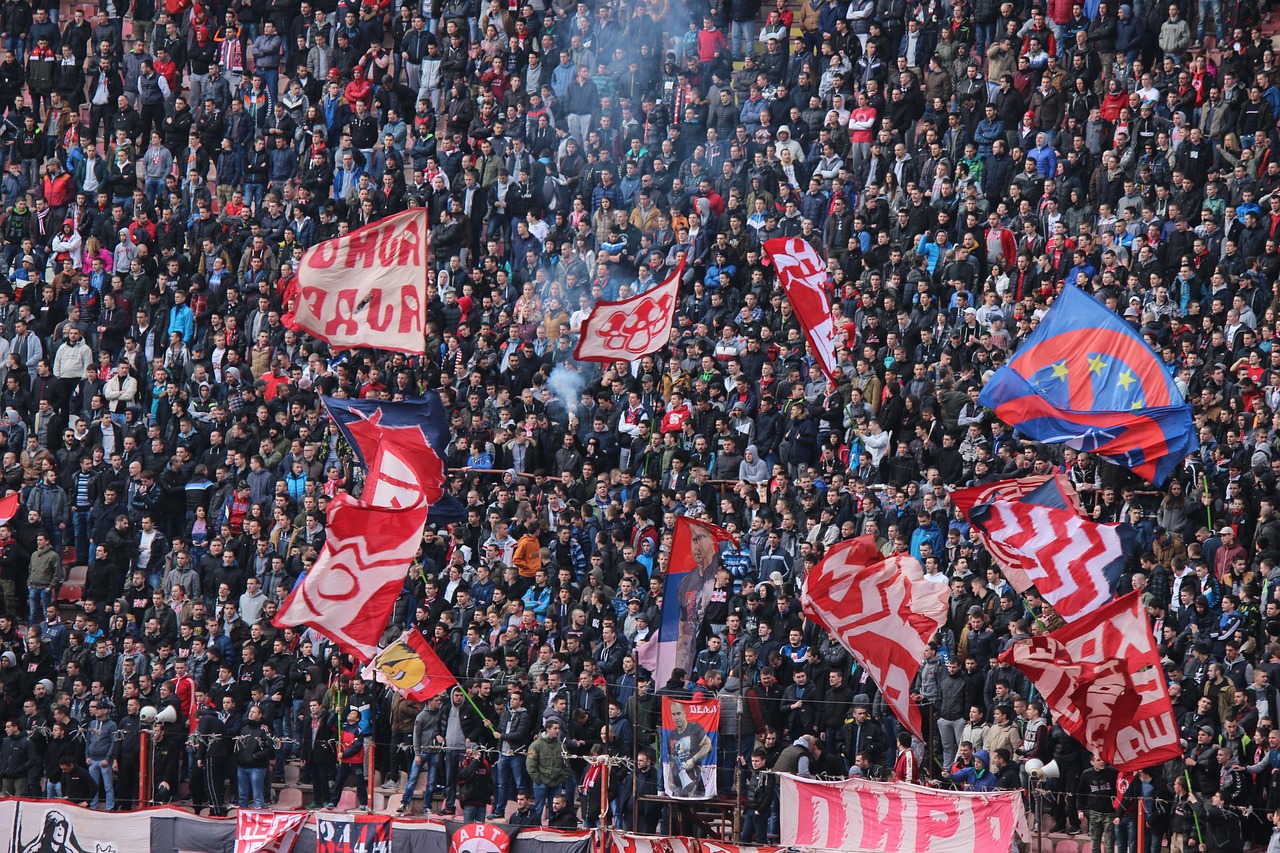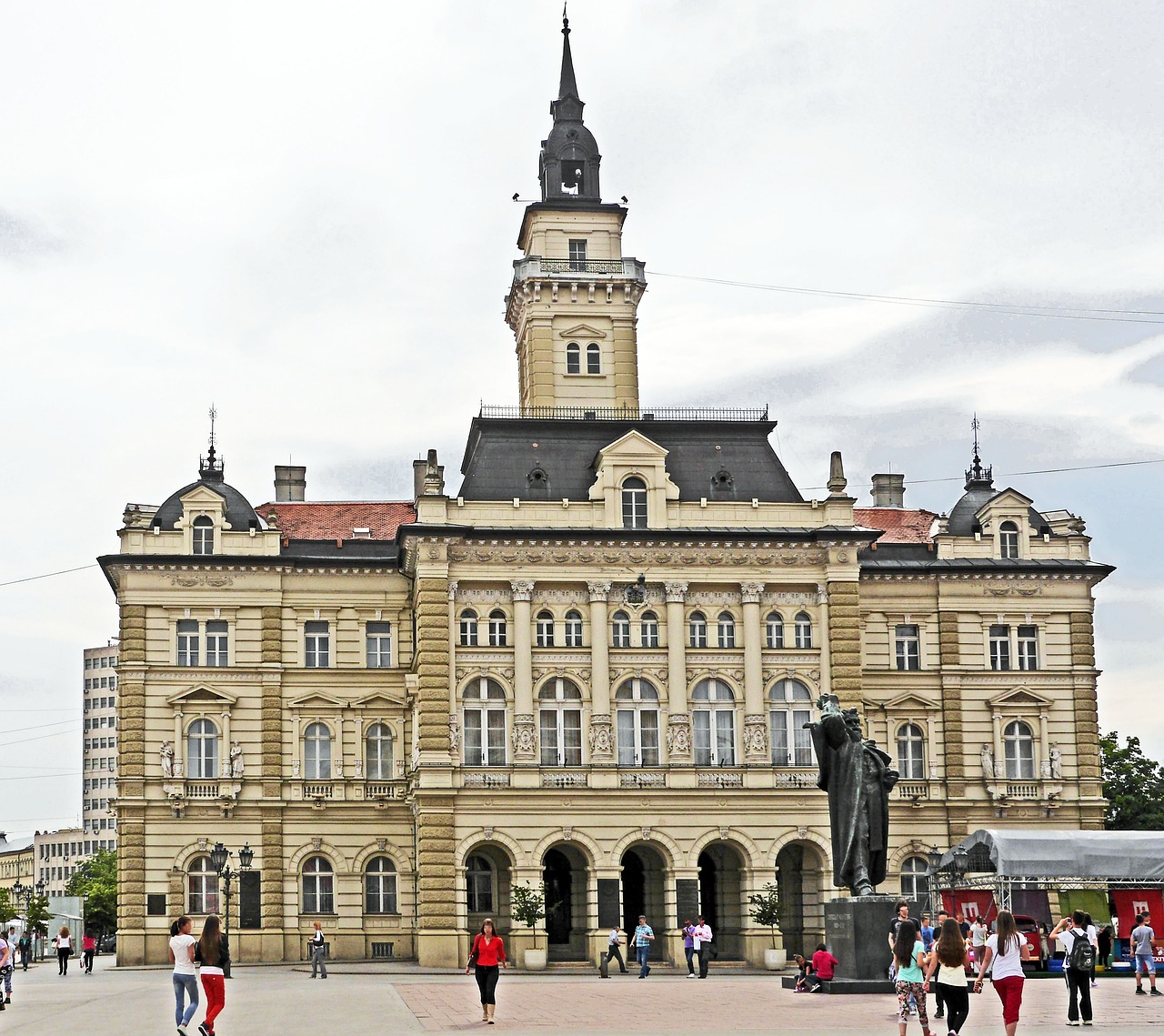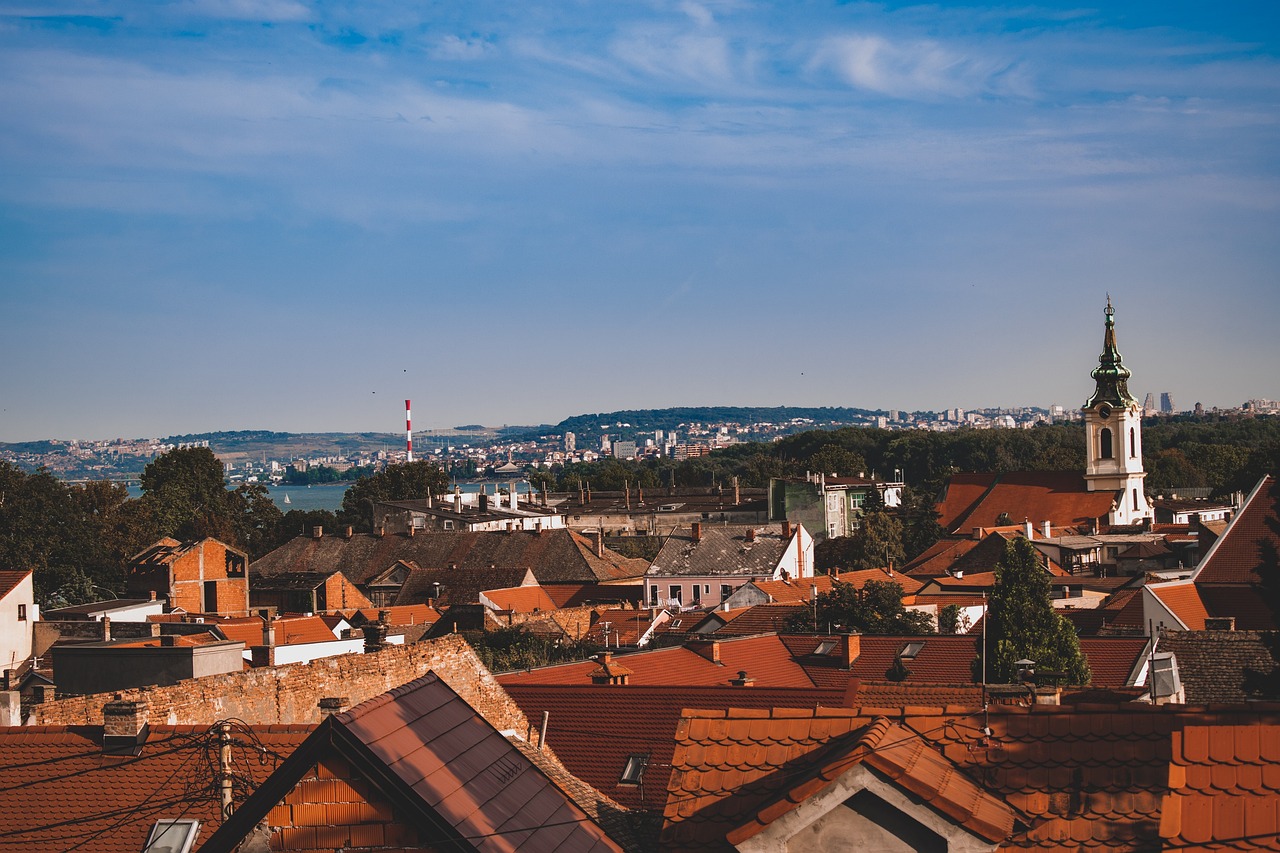Serbia Video
Banking and Financial Services for Nomads in Serbia
Serbia is a beautiful country in Southeast Europe, known for its rich history, stunning landscapes, and warm hospitality. For nomads who choose to explore this enchanting destination, it’s essential to have access to reliable banking and financial services. In this article, we will delve into the various options available for nomads in Serbia, ensuring that you can confidently manage your finances during your stay.
Banking Services
When it comes to banking services, Serbia offers a wide range of options tailored to meet the needs of nomads. Whether you prefer traditional banks or digital banking solutions, you’ll find a suitable choice in Serbia. Here are some key banking services available:
- Traditional Banks: Serbia is home to several well-established banks, such as UniCredit Bank, Raiffeisen Bank, and Komercijalna Banka. These banks offer a comprehensive range of services, including current and savings accounts, international transfers, and ATM access.
- Digital Banks: For nomads who prefer the convenience of online banking, Serbia also has digital banking options like Telenor Banka and mBank. These banks provide a seamless digital experience, allowing you to manage your finances anytime, anywhere.
- International Banks: Some international banks, such as Citibank and Societe Generale, also operate in Serbia. If you already have an account with an international bank, it’s worth checking if they have a presence in Serbia to simplify your financial transactions.
Opening a Bank Account
Opening a bank account in Serbia as a nomad is relatively straightforward. To open an account, you will typically need the following documents:
- Passport: A valid passport is required for identification purposes.
- Proof of Address: You may need to provide proof of your local address in Serbia, such as a rental agreement or utility bill.
- Tax Identification Number (TIN): In some cases, you may be required to obtain a TIN from the Serbian tax authorities.
It’s advisable to contact your chosen bank in advance to confirm the specific requirements and arrange an appointment to open your account.
Online Banking and Mobile Apps
Serbian banks understand the importance of digital banking for nomads. Most banks offer online banking platforms and mobile apps, allowing you to conveniently manage your finances on the go. With these digital tools, you can perform various transactions, such as checking your balance, transferring funds, paying bills, and setting up automatic payments.
Additionally, some banks provide features like budgeting tools, spending categorization, and real-time notifications to help you stay in control of your finances. These digital banking solutions make it easier than ever to handle your money efficiently while living a nomadic lifestyle in Serbia.
ATM Access and Cash Withdrawals
Access to ATMs is crucial for nomads, as it provides a convenient way to withdraw cash and manage your day-to-day expenses. In Serbia, you’ll find ATMs widely available in major cities and popular tourist destinations.
It’s important to note that while most ATMs accept international cards, it’s always wise to notify your bank about your travel plans to ensure uninterrupted access to your funds. Additionally, be mindful of any applicable fees for international withdrawals and consider using ATMs affiliated with your bank to minimize these charges.
Foreign Currency Exchange
As a nomad in Serbia, you may need to exchange foreign currency for the local currency, Serbian Dinar (RSD). Here are some options for currency exchange:
- Banks: Banks in Serbia offer currency exchange services, and they generally provide competitive rates.
- Exchange Offices: Exchange offices, known as “Menjačnica,” are widespread in Serbia. It’s advisable to compare rates and fees before exchanging your currency.
- ATMs: Some ATMs allow you to withdraw cash in Serbian Dinar directly from your foreign currency account. However, be mindful of the exchange rates and fees associated with this option.
Insurance and Safety
While enjoying your nomadic journey in Serbia, it’s crucial to prioritize your safety and protect your finances. Here are some key considerations:
- Travel Insurance: It’s highly recommended to have comprehensive travel insurance that covers medical emergencies, trip cancellations, and personal belongings.
- ATM Safety: When using ATMs, be cautious of your surroundings, and avoid using machines in poorly lit or isolated areas. Shield your PIN while entering it, and regularly monitor your account for any suspicious activity.
- Emergency Contacts: Keep a list of essential emergency contacts, including your bank’s helpline, local authorities, and your embassy or consulate.
Serbia Image 1:

Taxation and Financial Regulations
Understanding the taxation and financial regulations in Serbia is essential for nomads. Here are some key points to consider:
- Tax Residency: If you spend more than 183 days in a calendar year in Serbia, you may be considered a tax resident. As a tax resident, you’ll be subject to Serbian tax laws and obligations.
- Double Taxation Agreements: Serbia has signed double taxation agreements with various countries to prevent the same income from being taxed twice. Check if your home country has a tax treaty with Serbia to determine how it affects your tax liabilities.
- Financial Regulations: Serbia has a well-regulated financial system overseen by the National Bank of Serbia. Familiarize yourself with the local regulations to ensure compliance and protect your financial interests.
Serbia Image 2:

Emerging Fintech Solutions
Like many countries, Serbia is witnessing the emergence of innovative fintech solutions. While the fintech scene is still developing, there are promising startups that offer alternative financial services. These include digital payment platforms, peer-to-peer lending, and personal finance management tools. Stay informed about the latest fintech developments in Serbia, as they may provide additional options for managing your finances.
Investment Opportunities
Serbia offers various investment opportunities for nomads interested in growing their wealth. From real estate to startups, here are some potential investment avenues:
- Real Estate: Serbia’s real estate market presents opportunities for both residential and commercial investments. Research the market, consult local experts, and consider the potential returns and risks before investing.
- Startups: The Serbian startup ecosystem is gaining momentum, with numerous innovative companies emerging across various sectors. Explore investment opportunities in promising startups and engage with local startup communities for insights and networking.
- Stock Market: Serbia has a stock exchange, allowing investors to participate in the local capital market. If you’re interested in investing in stocks, familiarize yourself with the regulations and seek advice from financial professionals.
Serbia Image 3:

Conclusion
Banking and financial services for nomads in Serbia offer a diverse range of options to suit your needs. Whether you prefer traditional banks, digital banking solutions, or emerging fintech platforms, Serbia has you covered. With a well-regulated financial system, convenient access to ATMs, and various investment opportunities, managing your finances as a nomad in Serbia is both secure and rewarding.
References
- unicreditbank.rs
- raiffeisenbank.rs
- komercijalnabanka.com
- telenorbanka.rs
- mbank.rs
- citibank.com
- societegenerale.rs
- menjacnicesrbija.rs
- nbs.rs


